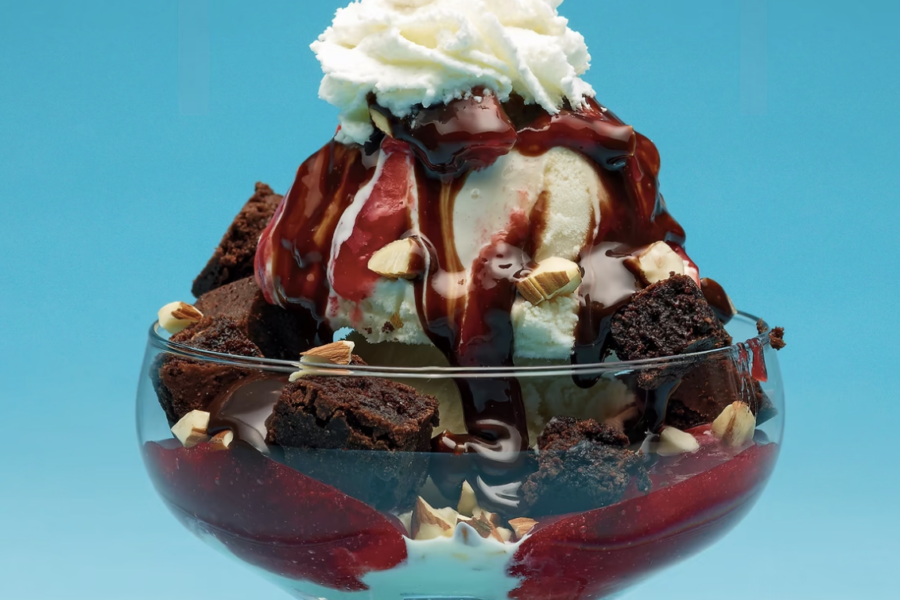The Atlantic Studies show a mysterious health benefit to ice cream. Scientists don’t want to talk about it.
Last summer, I got a tip about a curious scientific finding. “I’m sorry, it cracks me up every time I think about this,” my tipster said.
Back in 2018, a Harvard doctoral student named Andres Ardisson Korat was presenting his research on the relationship between dairy foods and chronic disease to his thesis committee. [Read that study here] One of his studies had led him to an unusual conclusion: Among diabetics, eating half a cup of ice cream a day was associated with a lower risk of heart problems. Needless to say, the idea that a dessert loaded with saturated fat and sugar might actually be good for you raised some eyebrows at the nation’s most influential department of nutrition.
Earlier, the department chair, Frank Hu, had instructed Ardisson Korat to do some further digging: Could his research have been led astray by an artifact of chance, or a hidden source of bias, or a computational error? As Ardisson Korat spelled out on the day of his defense, his debunking efforts had been largely futile. The ice-cream signal was robust.
It was robust, and kind of hilarious. “I do sort of remember the vibe being like, Hahaha, this ice-cream thing won’t go away; that’s pretty funny,” recalled my tipster, who’d attended the presentation. This was obviously not what a budding nutrition expert or his super-credentialed committee members were hoping to discover. “He and his committee had done, like, every type of analysis—they had thrown every possible test at this finding to try to make it go away. And there was nothing they could do to make it go away.”
Spurious effects pop up all the time in science, especially in fields like nutritional epidemiology, where the health concerns and dietary habits of hundreds of thousands of people are tracked over years and years. Still, the abject silliness of “healthy ice cream” intrigued me. As a public-health historian, I’ve studied how teams of researchers process data, mingle them with theory, and then package the results as “what the science says.” I wanted to know what happens when consensus makers are confronted with a finding that seems to contradict everything they’ve ever said before. (Harvard’s Nutrition Source website calls ice cream an “indulgent” dairy food that is considered an “every-so-often” treat.) “There are few plausible biological explanations for these results,” Ardisson Korat wrote in the brief discussion of his “unexpected” finding in his thesis. Something else grabbed my attention, though: The dissertation explained that he’d hardly been the first to observe the shimmer of a health halo around ice cream. Several prior studies, he suggested, had come across a similar effect. Eager to learn more, I reached out to Ardisson Korat for an interview—I emailed him four times—but never heard back. When I contacted Tufts University, where he now works as a scientist, a press aide told me he was “not available for this.” Inevitably, my curiosity took on a different shade: Why wouldn’t a young scientist want to talk with me about his research? Just how much deeper could this bizarre ice-cream thing go?
